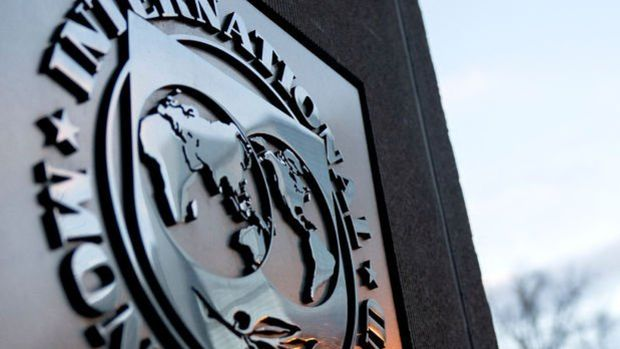IMF: Capital flows to emerging markets recover
The International Monetary Fund (IMF) stated that capital flows to emerging markets have recovered slightly from the lows experienced in 2022 last year, and that net capital inflows to emerging markets excluding China have increased to $110 billion. The IMF's Foreign Sector Report titled "Imbalances Are Decreasing" assessed the foreign sectors of the world's 30 largest economies according to 2023 data. The report noted that due to the continuation of tight monetary policy conditions in major developed economies last year, the US dollar remained strong by historical standards in 2023 and early 2024, and that other reserve currency movements were mixed. The report noted that net capital inflows to emerging markets have recovered slightly from the lows experienced in 2022 last year, and that net capital inflows to emerging markets excluding China have increased to $110 billion, the highest level since 2018. The report stated that, as expected during the period of global monetary tightening, net portfolio inflows to emerging markets, which were more volatile, decreased, but net foreign direct investment inflows were more stable. “Most emerging markets have shown resilience amid global tightening” The report noted that net capital outflows from China were seen in the 2022-2023 period, which may be related to multinational corporations taking back their earnings and geoeconomic changes. The report emphasized that most emerging markets have shown resilience amid global monetary tightening, noting that this is partly due to stronger fundamentals, with many countries now benefiting from more robust fiscal, monetary and financial policy frameworks and more effective implementation of policies and tools. The report stated that global gross capital inflows decreased from 5.8 percent to 4.4 percent of global gross domestic product in the 2022-2023 period compared to the 2017-2019 period, reflecting an overall slowdown in capital flows. The report noted that the US share of global gross inflows increased from 23 percent to 41 percent, while global gross flows to and from China decreased significantly. This could be evidence of increasing financial fragmentation, the report said, but it could also reflect the withdrawal of some tax or regulatory strategies by large multinational companies in financial centres whose share of global flows has declined significantly.


